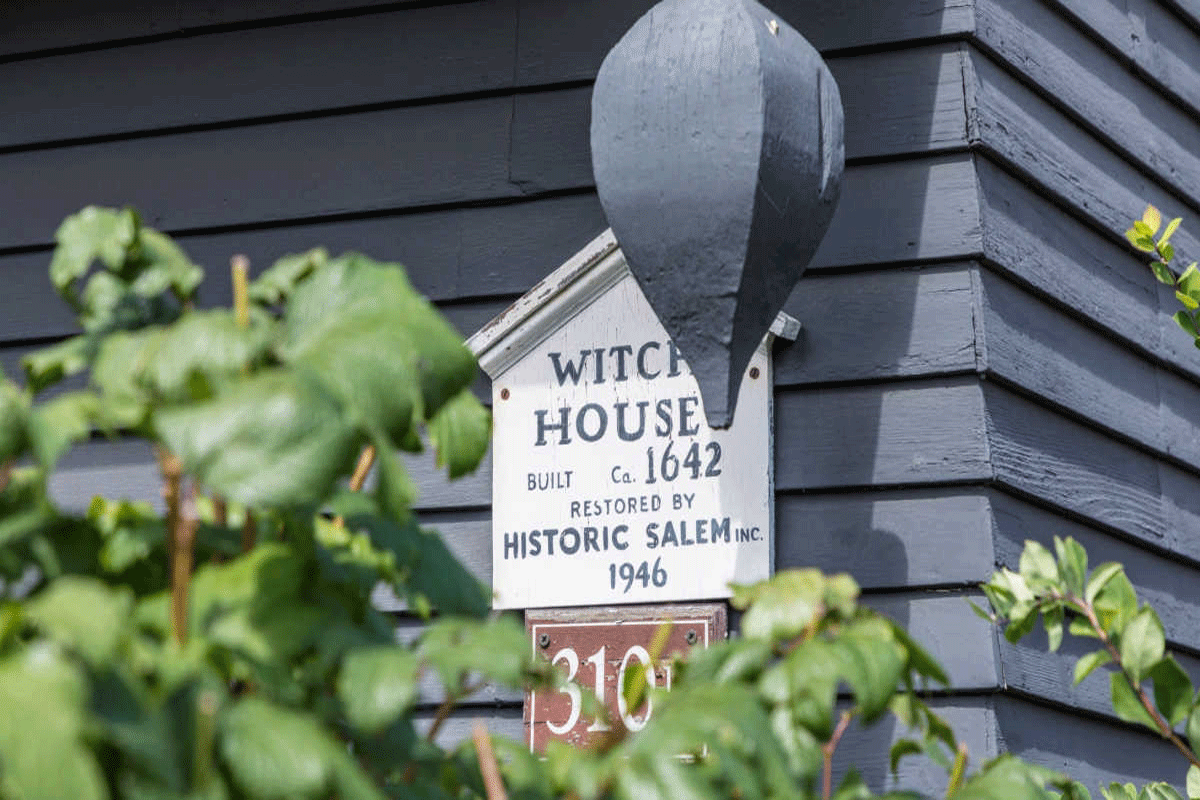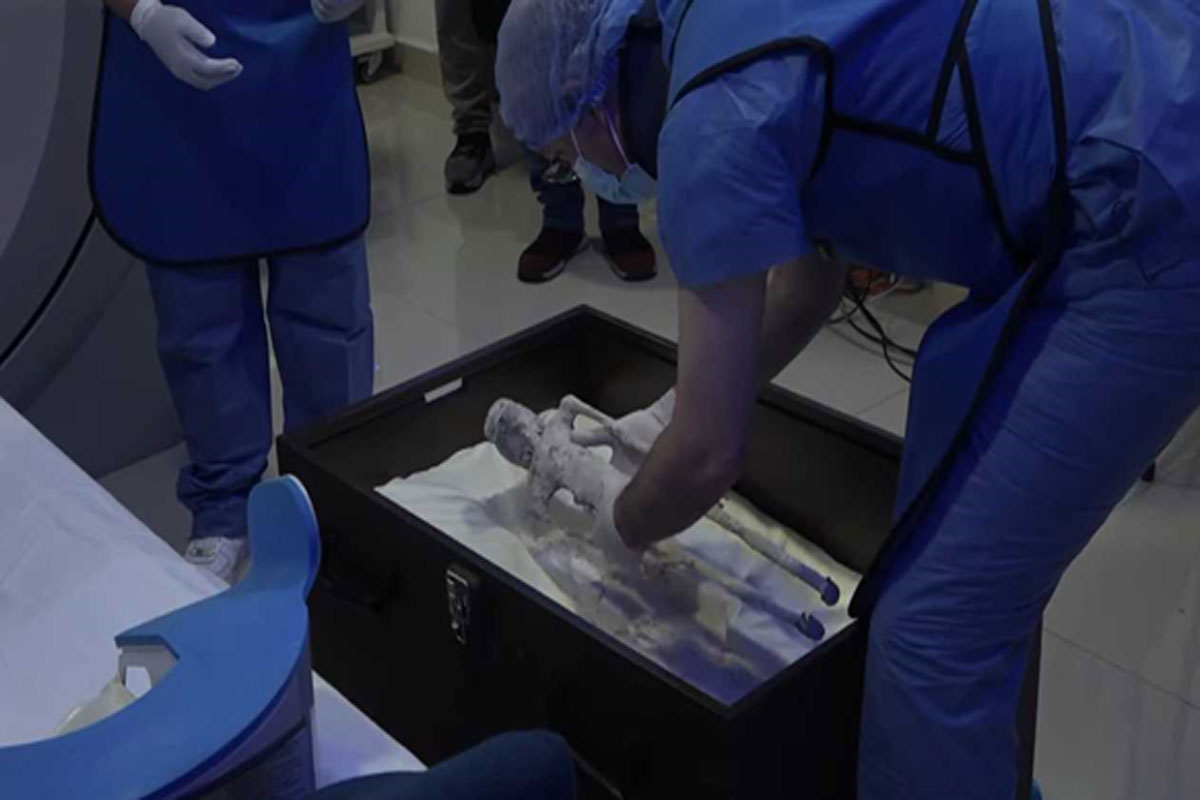
The Oldest Witch Killed In Salem Witch Trials Was Related To Lucille Ball & Other Celebs
Published Jun 11, 2021
By: Angela Andaloro
The Salem witch trials were one of the most deeply fascinating and disturbing points in American history. In fact, it’s still a period we’re learning a lot about as our understanding of other concurrent issues grows and evolves.
One of the most well-known figures to come out of the Salem witch trials was Rebecca Nurse. The oldest woman killed in the trials, Rebecca was even named in Arthur Miller’s play about the period, The Crucible.
Rebecca was 71 years old when she was one of the 200 people tried for witchcraft in Puritan New England. As a result of the trials, 19 of them, mostly women, were hung for their alleged crimes.
Rebecca Nurse was a 71-year-old grandmother and wife of a local artisan. She, her sisters Mary Easty and Sarah Cloyce, and their mother Joanna Blessing Towne were all believed to be witches. Her arrest shocked the community, who knew her as a pious woman who had many communal connections.
Historians believe that accusations made by the Putnam family were behind Rebecca’s arrest. Her trial began on June 30, 1692, and like the many other women accused, she had to represent herself.
Despite community gossip, many people came out to speak on Rebecca’s behalf. During the trial, however, some community members claimed she was afflicting them while in the courtroom, breaking out into fits that would be used as evidence against her.
At the time of her trial, Rebecca was bedridden and deaf. By all accounts, she lived an average life up until her trial. It was then that her life took remarkable and unexpected turns that would leave an imprint on history.
At the end of her trial, Rebecca was found not guilty, but that didn’t stop the attacks on her. Claims came in that Rebecca admitted herself a witch during her trial by referring to another accused woman as “one of us.” While Rebecca was adamant she meant that the woman was a fellow prisoner, the power of persuasion led to her being scheduled for execution.
Just days after her conviction, Rebecca Nurse was sentenced to execution. She was executed on July 19, 1692. She was hanged at Proctor’s Ledge on July 19, along with Sarah Good, Elizabeth Howe, Susannah Martin, and Sarah Wildes.
Rebecca’s execution changed the way people looked at the witch trials. It was the first time they truly considered an innocent person was put to death, and they began discrediting the whole practice. It began the end of the Salem witch trials.
Today, Rebecca’s home has been turned into a museum. It’s the only known home of an executed person to be open to the public. The people who most like to visit, according to the curator and president of the Rebecca Nurse Homestead, Kathryn Rutkowski, are historians fascinated with the period and descendants of Rebecca.
Rebecca’s descendants include former presidential candidate Mitt Romney, Scrubs actor Zach Braff, and I Love Lucy star Lucille Ball.
“The majority of the people that come in day to day are ancestors and even sometimes [they] find out that the same people visiting are from the same line and they’re cousins,” Kathryn shared.
Kathryn also tries to provide historical context for those horrified by what occurred during that time. “I think as modern people, we really want to villainize them and make them into these bad people,” she said.
“But they were people reacting to a very real threat in their village,” she noted, explaining that Puritans genuinely believed witchcraft in their community could keep the whole community from entering heaven.
Historians have discovered that Rebecca held no ill will toward anyone who accused her. Instead, she turned inward and tried to figure out what it was about herself that was leading people to make these accusations against her.
“She even offers to pray for the afflicted girls to hope that maybe whatever is afflicting them will pass,” Kathryn noted.
“She was just very gracious about the whole thing and very accepting of what was about to happen, knowing that she would be executed very likely.”
Rebecca’s story stays alive with her large number of descendants, who gather for a reunion at the museum each year. The Towne Family Association started in 1980 as a small group of 25. Decades later, there are over 500 members of the organization.
Many of Rebecca’s descendants continue to live in the Salem area. They’re proud of their connection to the history.
“You kind of get hooked on it,” one of the descendants, Arthur Towne, told Wicked Local.
“Your ears are up all the time listening for anything that might be related to it.”
Massachusetts state Senator John Keenan is another descendant who feels intrinsically tied to this history.
“I am a descendent of one who was wrongly prosecuted and wrongly executed,” he said.
“It is through that connection that I want to remind this body that now legal process that involves humans can ever be infallible.”
Nothing can change what occurred at the Salem witch trials, but it is incredible to see how the story still holds relevance today. So many people feel connected to this era of persecution. It’s fascinating to see the impact it has today through descendants, history buffs, and those living in Salem in the present day.
























